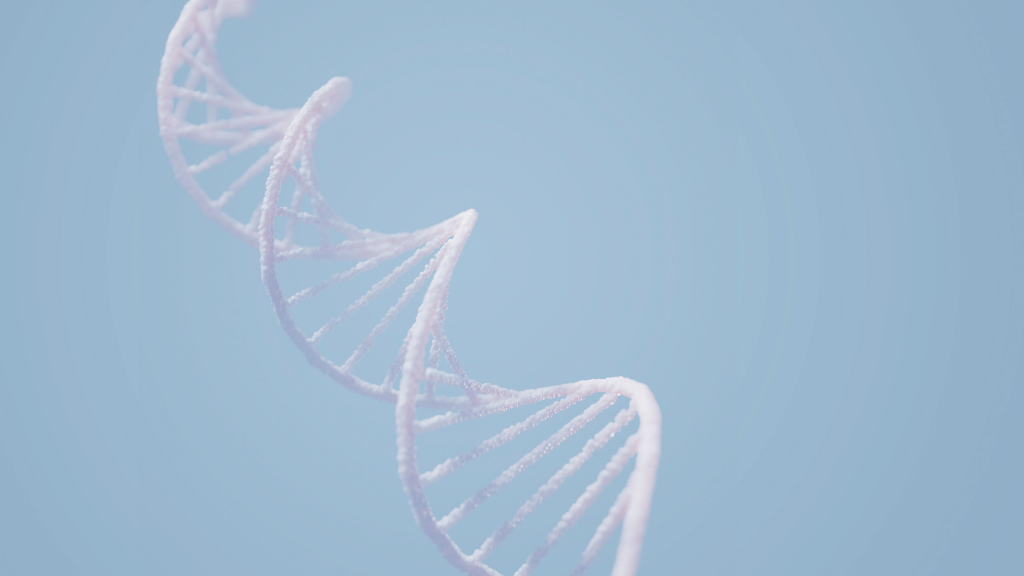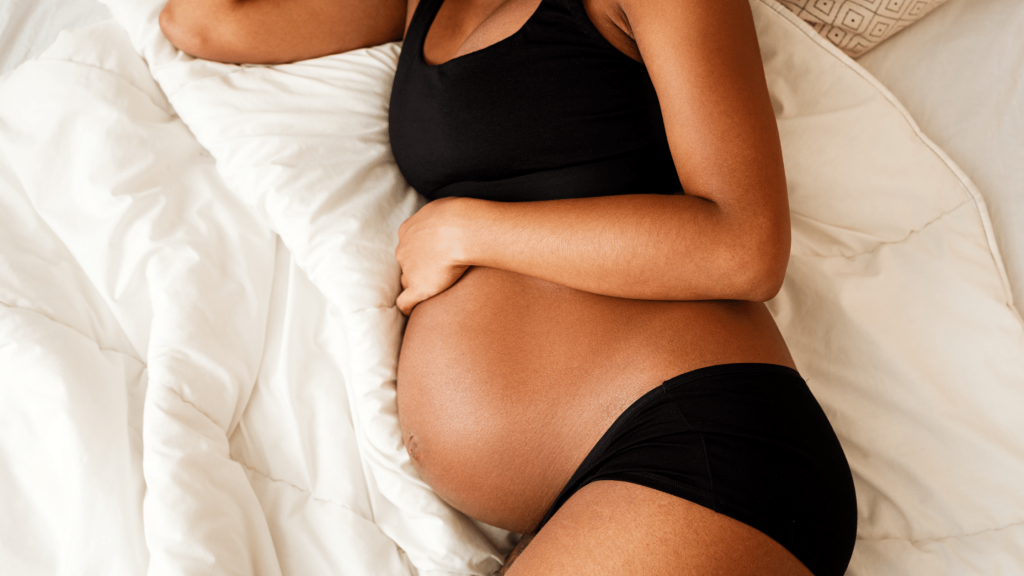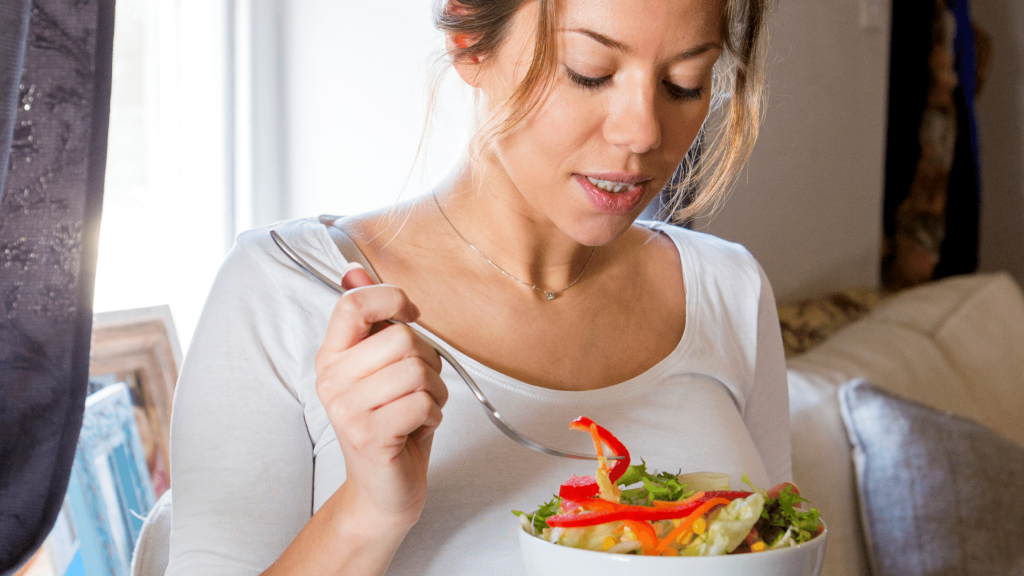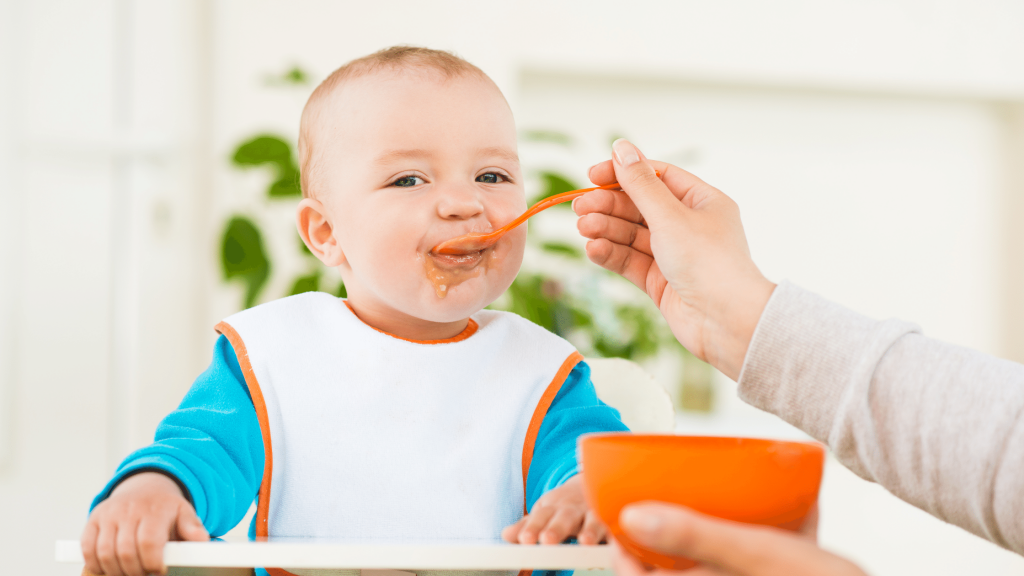
Is your little one ready for solid foods? Here are our top recommendations for your baby to start eating solid foods the healthy way.
At 4 to 6 months old, your baby may start craving for more nourishment. He or she may still be hungry for more milk even after getting a full day’s portion of milk. A good benchmark to test your little one’s readiness for real food is to monitor if he or she has stopped pushing food out of their mouth, also known as the tongue-thrust reflex. Your baby should also be sitting upright, be able to hold their head up on their own and are endlessly curious about the food in their proximity.
Most parents tend to start solid food in the form of pureed vegetables and soft fruit slices but bear in mind that babies need a blend of animal and plant foods to meet their special nutritional needs. After all, we humans are designed for an omnivore diet.
Best Solid Foods for Your Baby
The best solid foods to start your baby on are nutrient-rich foods, as your baby’s digestive system is still under-developed.
1. Avocado
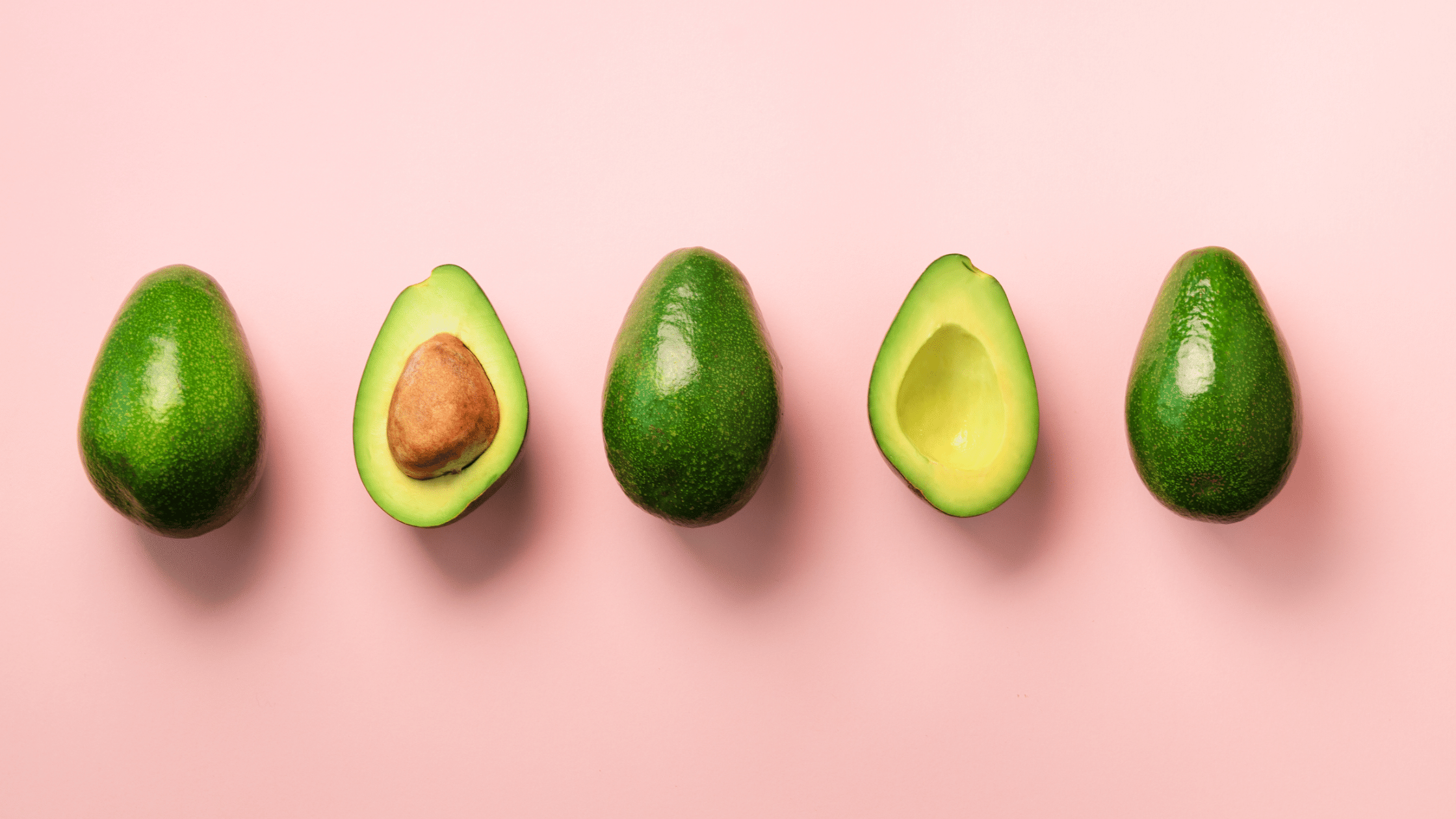
Avocado fruit is prized for its dense nutrient content, which includes magnesium, potassium, niacin, vitamin B, vitamin E, vitamin K and folate. It is also the only fruit that contains healthy monounsaturated fatty acids. Its soft texture is easy to chew and it can be easily cut into small pieces, pureed or mashed up for babies to enjoy.
2. Butternut squash

Butternut squash is an easy to digest vegetable for babies. When it is properly cooked, squash is low in nitrate content, hence it is a safe food for babies to start with. Most babies also love the sweet taste of butternut squash, and being a great source of antioxidants, vitamin A, vitamin C, magnesium and potassium helps too!
3. Banana

When it comes to the first solids that your baby eats, banana is a great choice. It is a good source of carbohydrates for babies that is easily digestible, as banana has amylase, an enzyme that breaks downs carbohydrates. Furthermore, bananas are also high in vitamin B6, vitamin C, manganese, magnesium and potassium – all the nutrients needed for your baby to grow healthily.
4. Blended meat
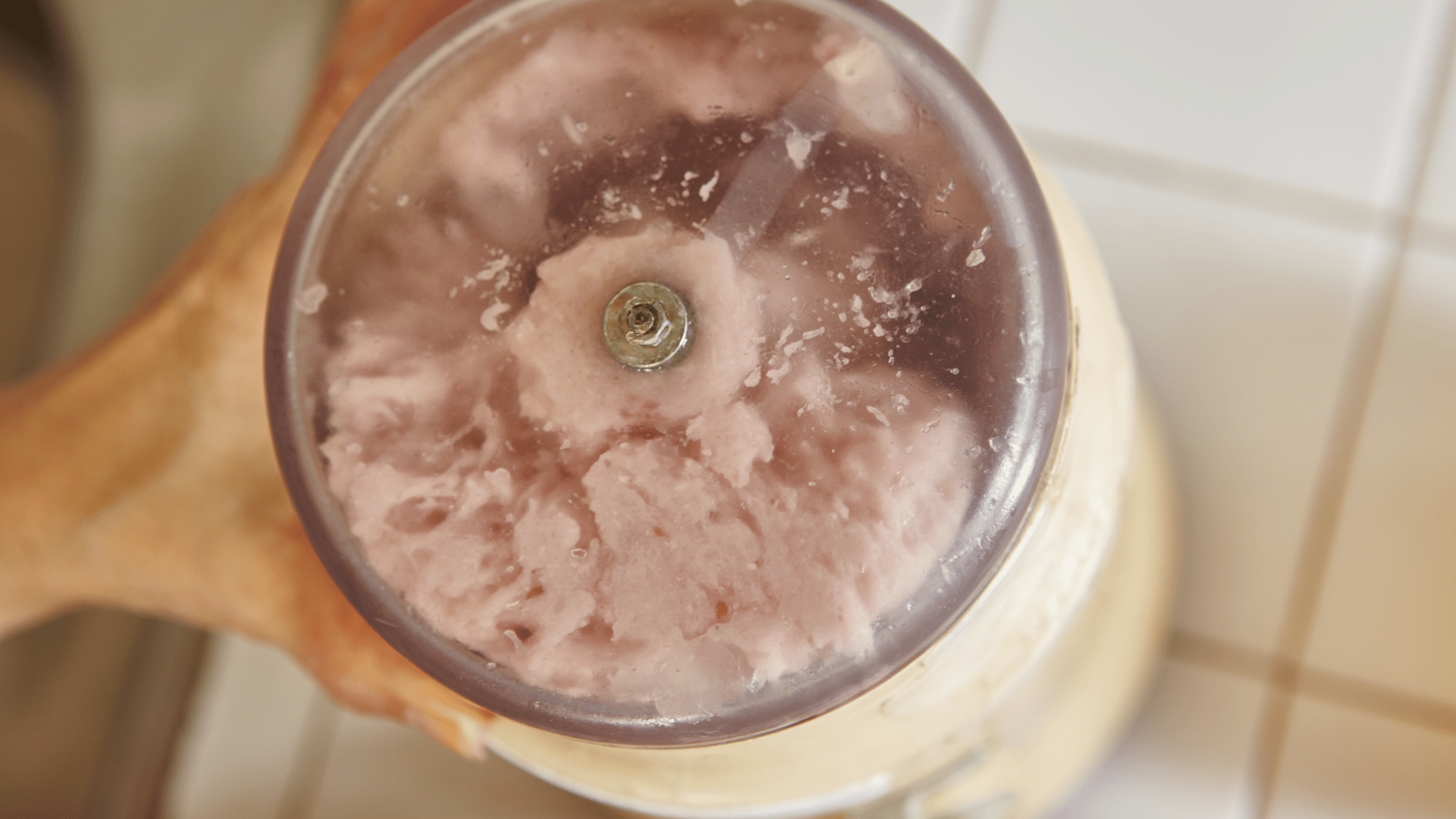
Pureed chicken and beef contain iron and zinc which are needed by babies at 4 to 6 months old. Red meat is especially beneficial as it is also high in vitamin B12, which most babies can be deficient in if they are exclusively breastfeeding. This is because breast milk, unlike milk formulas, is low in iron. Iron from plant sources is also difficult to convert into digestible forms for babies.
5. Yoghurt
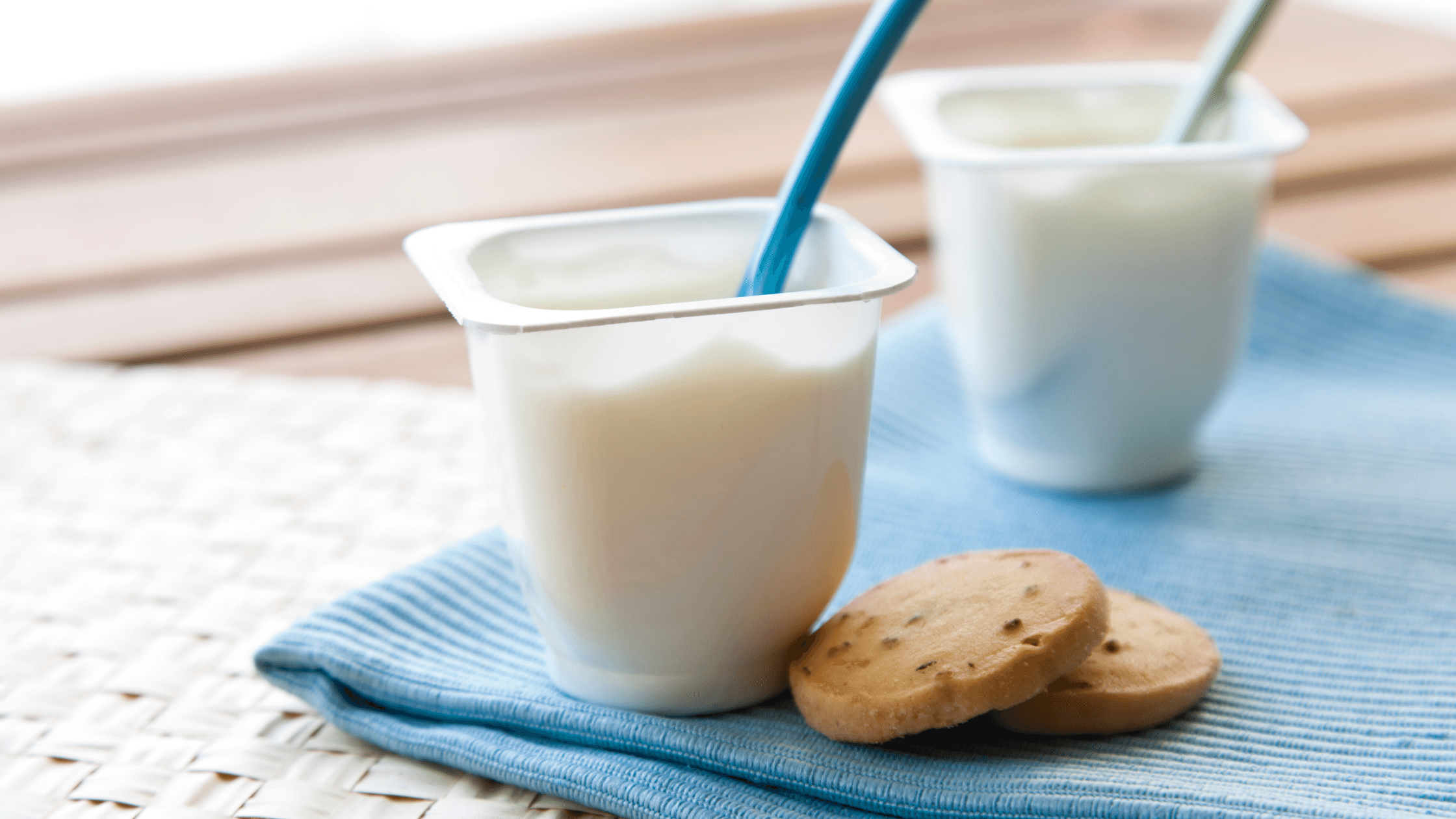
Most parents would have heard the old age parenting advice of avoiding dairy until your baby turns at least a year old. However modern research has shown that introducing common allergens, such as dairy and nuts, may help prevent your baby from developing food allergies as they grow older. However, if you have a family history of dairy intolerance, please do consult your paediatrician before introducing dairy to your baby. Otherwise, organic whole yoghurt is full of beneficial fats, calcium, phosphorus, and vitamin D, as well as rich in probiotics that can help colonize your baby’s gut with good bacteria.
Bad Solid Foods for Your Baby
Most parents may be surprised at our list of foods to avoid feeding your baby when they are first starting with eating solid food.
1. Root and leafy vegetables
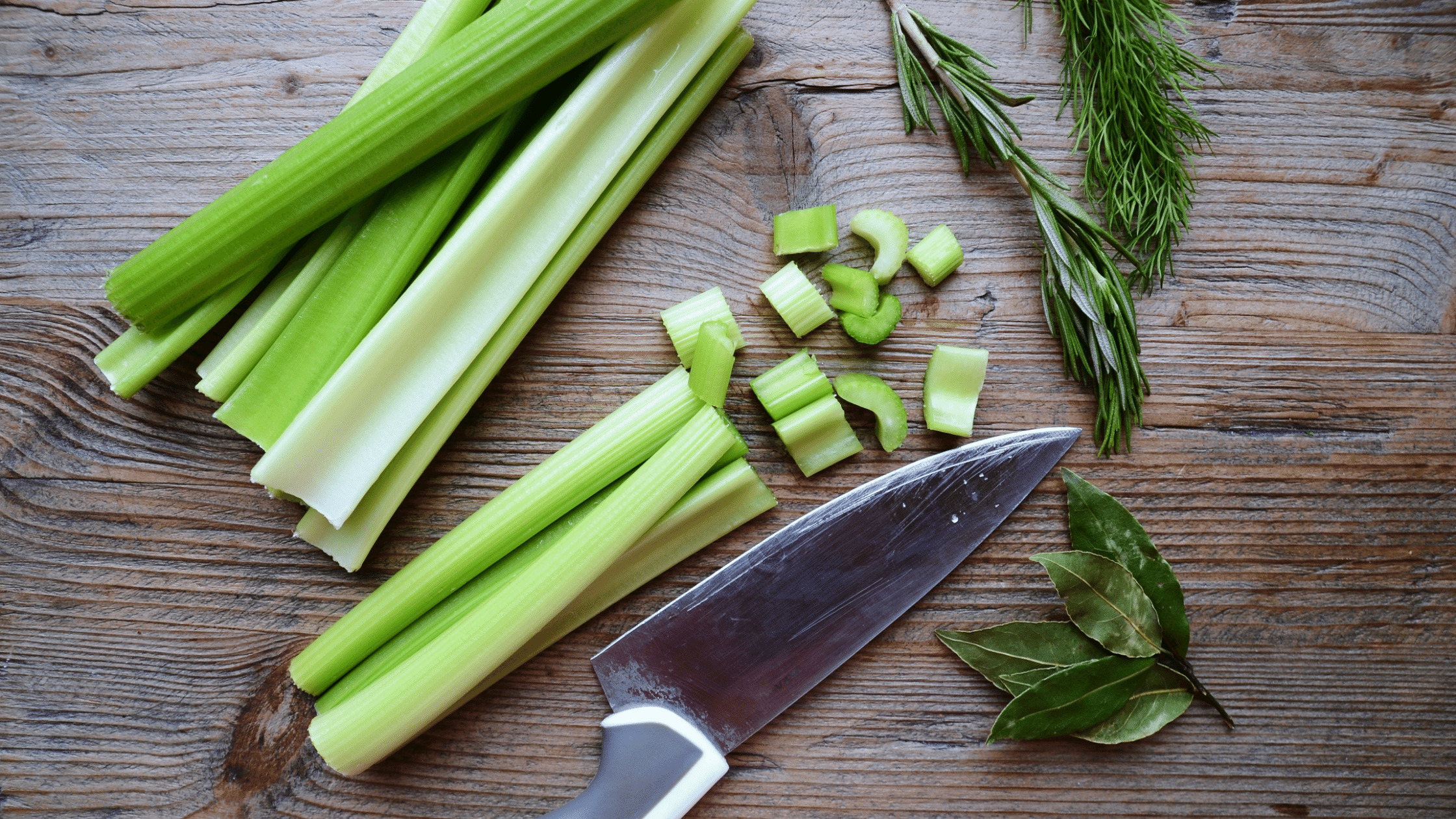
Spinach, turnips, radishes, celery, and lettuce are examples of vegetables that are high in nitrates, which can convert into nitrites and eventually nitrosamines in the stomach that may potentially cause cancer. Wait at least one year before feeding your baby leafy greens and root vegetables. Potatoes, on the other hand, are completely safe for babies to consume.
2. Citrus fruits
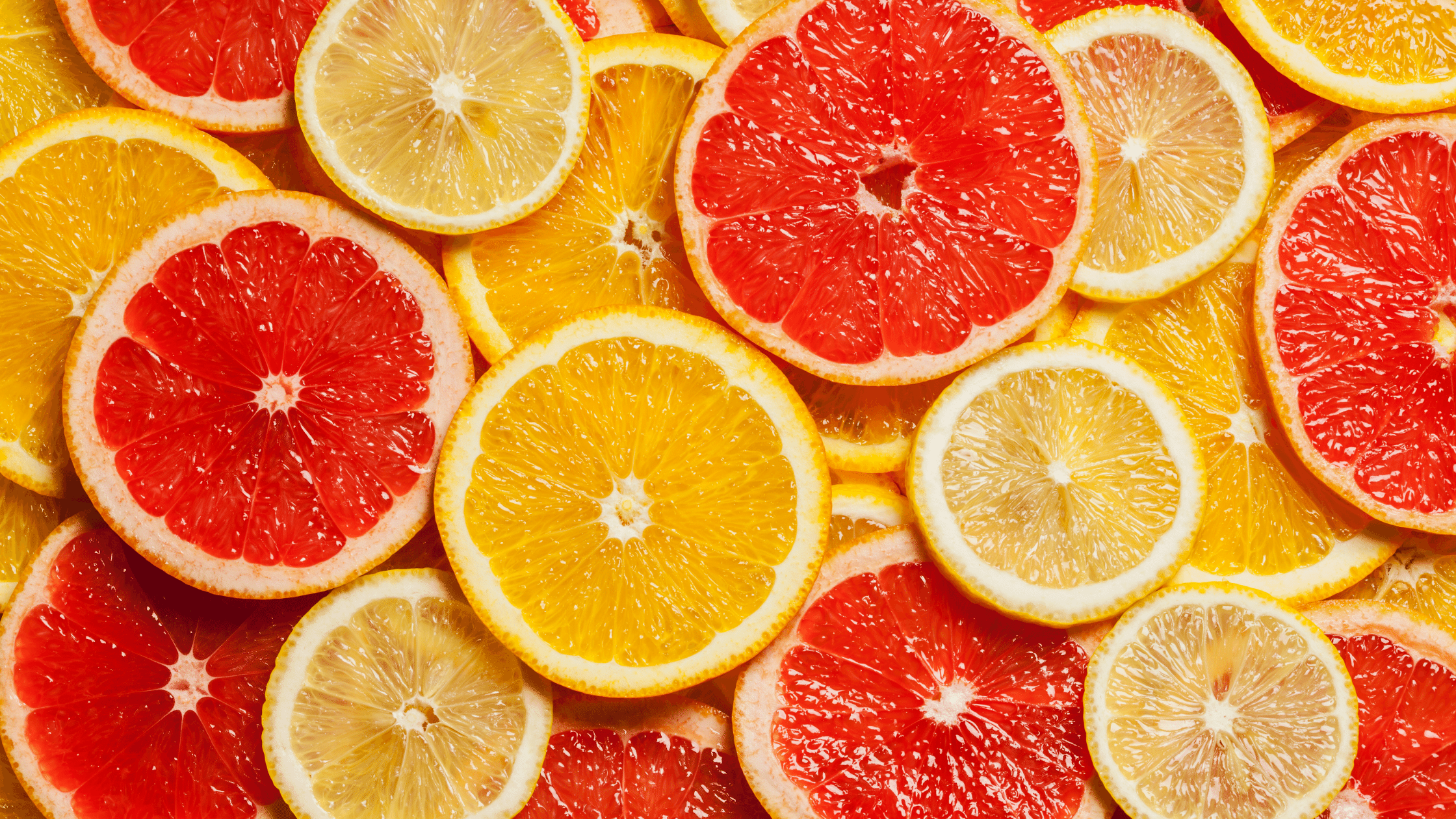
Acidic foods can irritate your baby’s stomach, as babies have immature digestive tracts that are still developing. It is best to wait at least 9 months until your baby’s stomach is more prepared to handle the acid content.
3. Raw honey
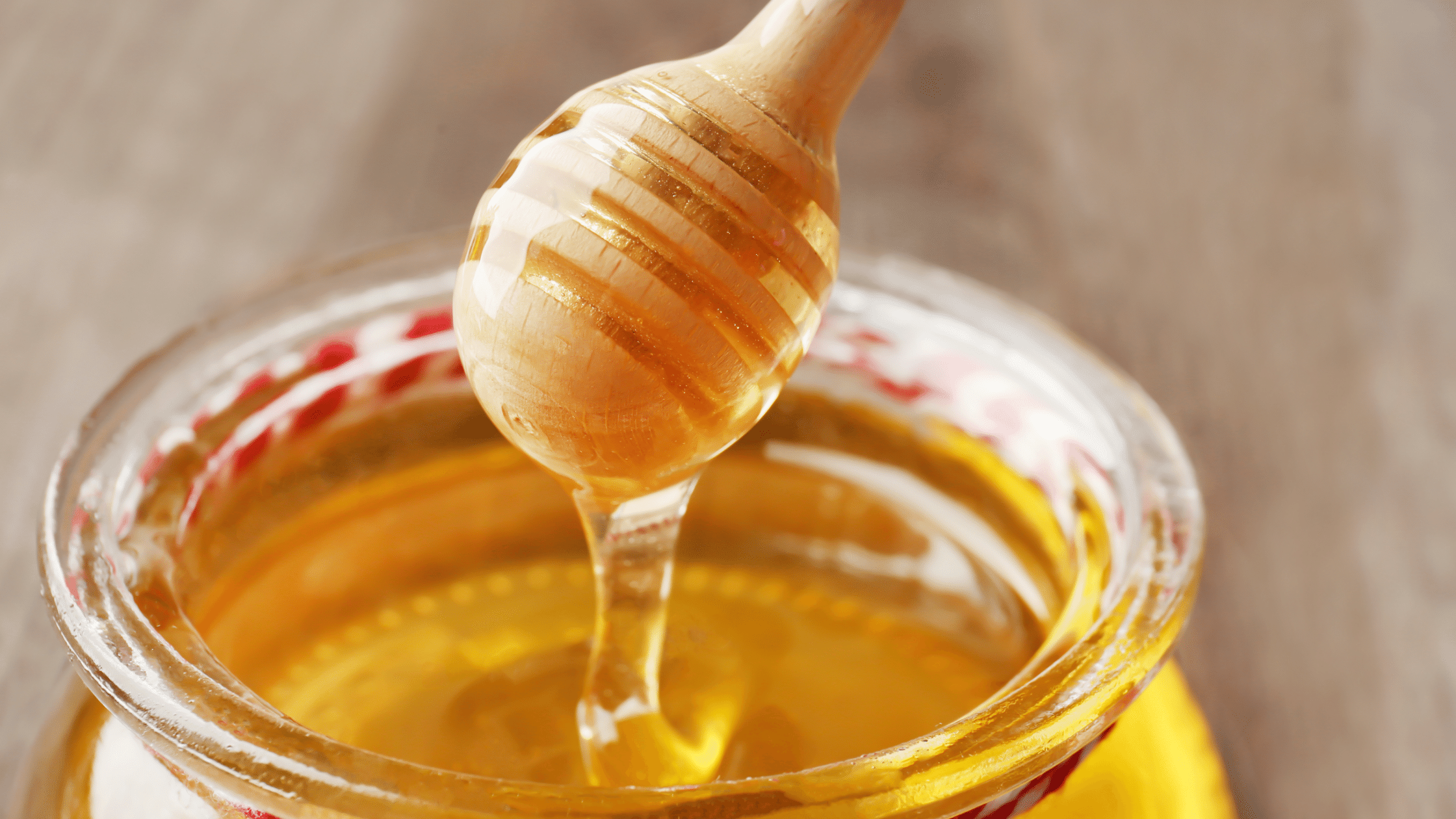
Raw honey is dangerous for young babies as it can cause infant botulism, a type of bacterial poisoning. Foods made with honey are off-limits as well, as these foods may contain spores of the Clostridium botulinum bacteria, which are harmless to adults but extremely harmful to babies under the age of one.
4. High mercury content fish
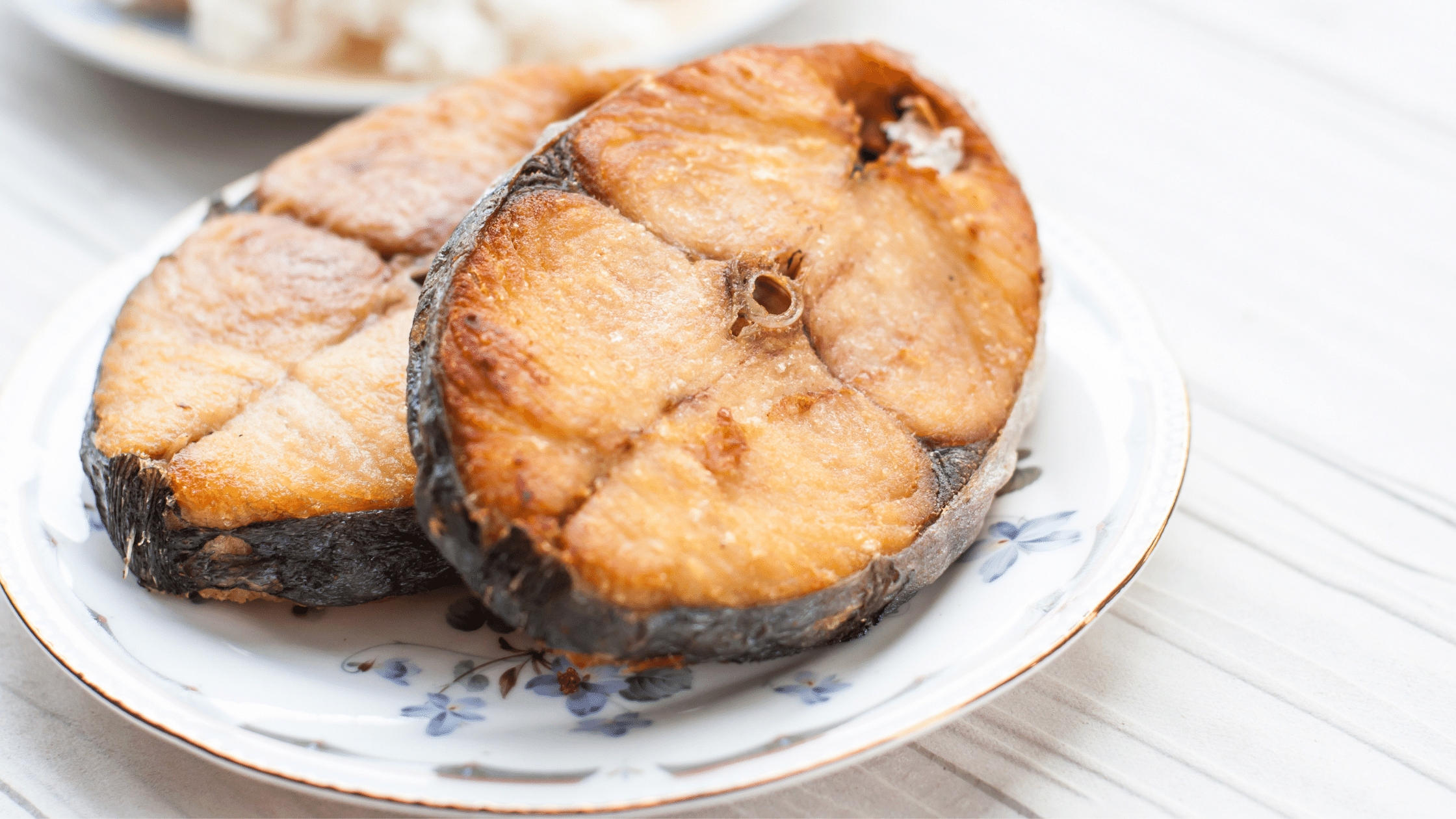
Not all fishes are created equal, nutritionally speaking. Fishes with high levels of mercury such as king mackerel, fresh tuna, swordfish should be avoided. Stick to the safe varieties such as wild salmon, tilapia, trout, pollack among a few. Canned tuna is fine as well.
Processed food should be saved for much later in your baby’s development. Foods that are hard to chew (nuts and seeds), round and slippery foods (grapes and peanut butter) should be avoided as these foods may pose a choking hazard to your baby.
If in doubt, the first few solid foods that your baby is consuming should be cooked thoroughly, mashed, pureed or cut into small bite sizes for easier chewing. The rest is pretty much up to you as parents to get creative! Happy cooking!




